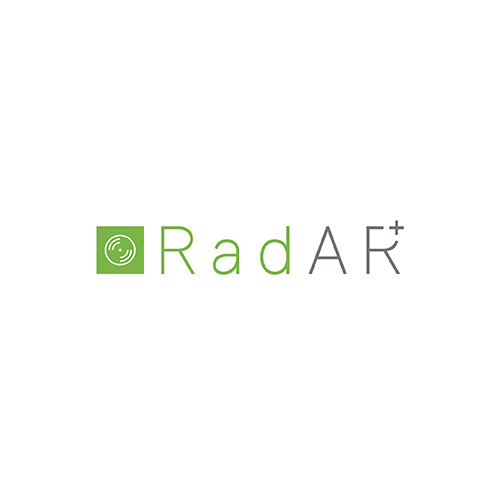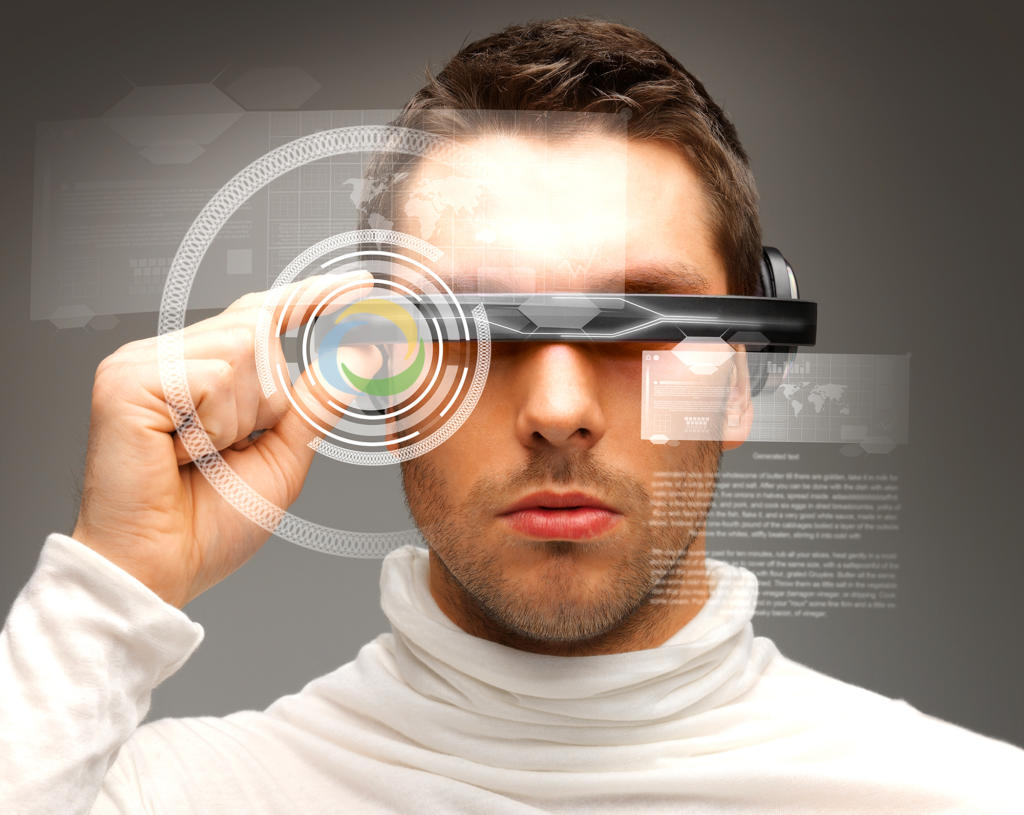RadAR+ – the travel assistance system for dynamic environments based on Augmented Reality
The RadAR+ project at a glance:

- Duration: 01/2016 till 06/2019
- Project volume: 4.3 million euros
- Funded by: Federal Ministry of Education and Research (BMBF)
- Sponsors: VDI | VDE | IT
- Project coordination: House of Logistics & Mobility (HOLM) GmbH
- Project consortium: University of Kassel (Fachgebiet Mensch Maschine Systemtechnik), Fraunhofer-Institut für Materialfluss und Logistik (IML), Rhein-Main-Verkehrsverbund Servicegesellschaft mbH, HaCon Ingenieursgesellschaft mbH, Ubimax GmbH, voice INTER connect GmbH
- Associate partners: Fraport AG, Rhein-Main-Verkehrsverbund GmbH
About the RadAR+ project
Mobility takes the form of everyday and supply mobility, as leisure, trade fair and tourist traffic as well as in the multi-layered economic movements of companies and service providers. Mobility is a basic need and, in addition to participation in public life, also ensures people can access their workplace, i.e. participate in economic life.
The combination of different modes of transport increases the complexity of the journey. Critical situations and delays in the travel chain occur on a regular basis, especially at heavily frequented and unknown interchanges. This is where currently available technical solutions reach their limits.
As part of the Federal Ministry of Education and Research (BMBF)’s funding measure “Adaptive, Learning Systems”, the research project RadAR+ has therefore developed an adaptive, learning mobility agent for the Frankfurt am Main area (demonstrator) that supports users during cognitively and physically challenging transport changes and adapts to their needs.
Equipping mobile devices such as smart glasses with augmented reality apps and an intuitive user model allows for individualised and needs-based support. The combination of remote and indoor routing ensures that travellers only receive relevant information. The entire travel chain was mapped out using the demonstrator they had developed.
The RadAR+ project has provided important insights for considering ethical, legal and social implications in the development of adaptive-learning systems. Relevant findings were be generated thanks to the systematic use of scientific concepts (Design‐for‐All), the exploratory use of methods and an exchange of knowledge with ELSI (Ethical, Legal and Social Implications) experts.
Project management at HOLM GmbH
HOLM GmbH was responsible for managing the overall project and also for the interface function between the project partners and other stakeholders. HOLM GmbH also organised and coordinated a central advisory interface for the project, what was known as the ELSI Advisory Board. The aim was to develop a concept that takes into account data protection aspects and is published as an ELSI Code of Conduct.

Results
Reports from the project consortium
- House of Logistics and Mobility (HOLM) GmbH (project coordination / consortium leadership) – to the report (In German)
- University of Kassel, Department of Human-Machine-System Engineering Research (Software, Adaptive User Modelling) – to the report (In German)
- Fraunhofer Institute for Material Flow and Logistics (IML) (Research on Intermodality and Requirements/User Profiles) – to the report (In German)
- Rhein-Main-Verkehrsverbund Servicegesellschaft mbH (Development, Software, Navigation) – to the report (In German)
- HaCon Ingenieursgesellschaft mbH (Development, Software, Navigation) – to the report (In German)
- Ubimax GmbH (Development, Software, Navigation, Augmented Reality) – to the report (In German)
- voice INTER connect GmbH (Development, Software, Adaptive User Modelling, Voice Control) – to the report (In German)
